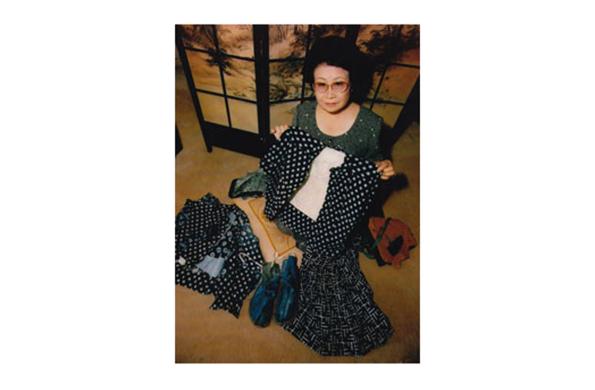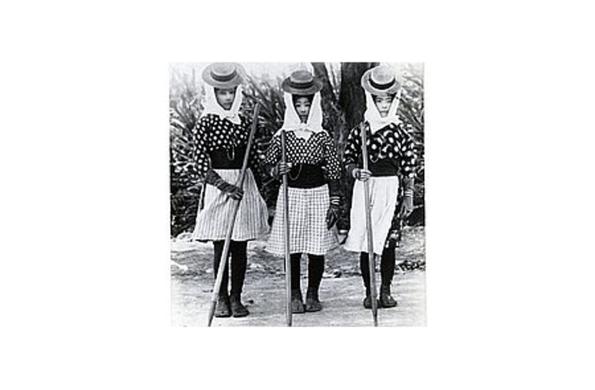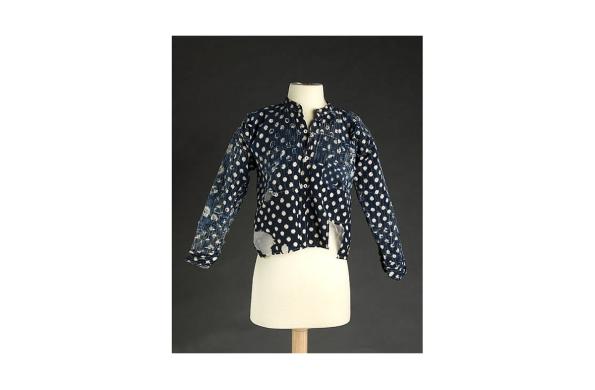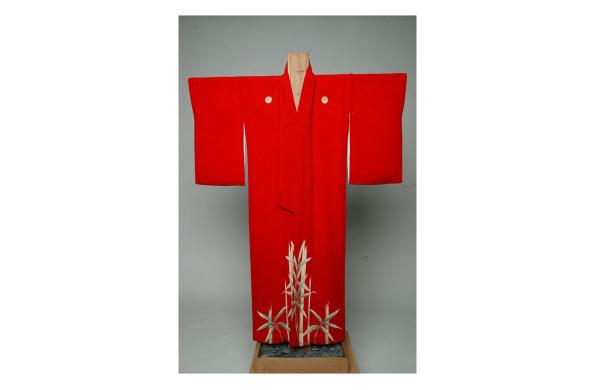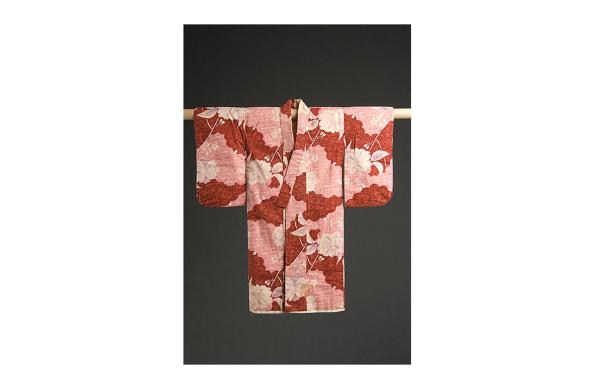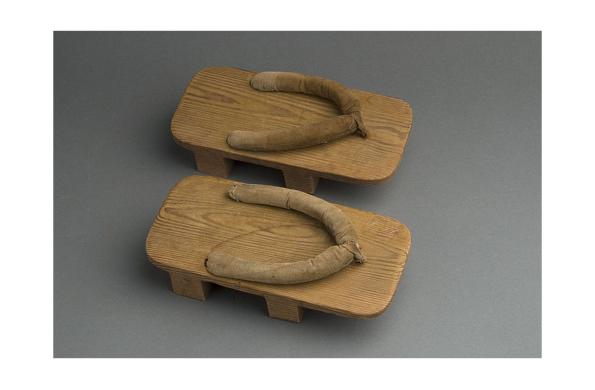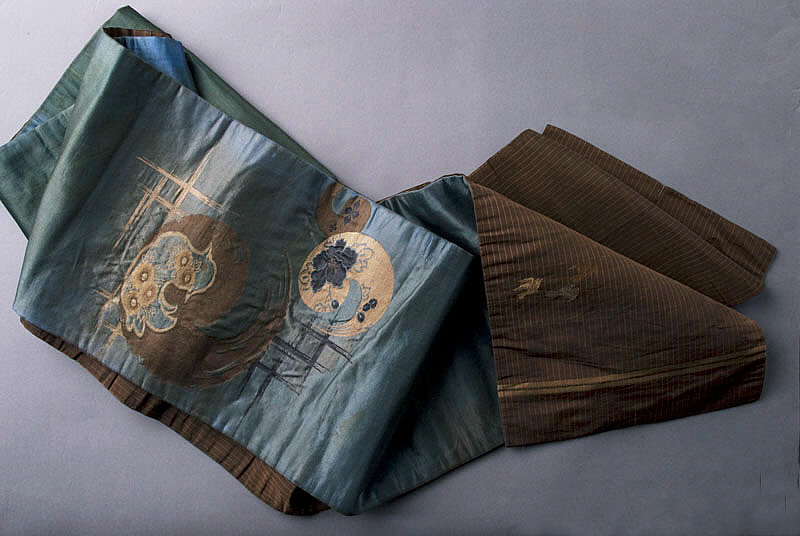

In 2004 the Japanese American National Museum received for its permanent collection the beautiful and unique plantation-era textiles and clothing from scholar and author, Barbara Kawakami. As a dressmaker and seamstress from Waipahu, Hawai‘i, Kawakami painstakingly began collecting these textiles in the 1970s. Through her intimate conversations with Issei women, Kawakami’s research led her on a captivating journey from the villages of Japan to the plantations of Hawai‘i, and illuminated the complex relationship between old traditions and new plantation culture.
To protect their bodies from the unrelenting sun and sharp sugarcane leaves, some of the Issei women, who had brought with them their knowledge of traditional fabric making and sewing, were forced to refashion their prized kimono into “plantation clothing”—a melding of Japanese, Portuguese, and Chinese styles. Others, who had the means to bring other clothing, wrapped and stored their handmade kimono as treasured belongings.
Through Textured Lives, the National Museum is able to celebrate the textiles themselves as a unique part of our history, and also give a voice to the unknown stories that the textiles embody—the innumerable hardships, ingenuity, and adaptability of the early Japanese immigrants to Hawai‘i.
Major support for this exhibition is generously provided by:
The Hiroaki, Elaine & Lawrence Kono Foundation
Additional support from Aratani Foundation, The National Endowment for the Arts, The Nippon Foundation, UCLA Paul I. & Hisako Terasaki Center for Japanese Studies, and Members and Donors of the Japanese American National Museum.
Media Sponsors: ![]()
![]()
![]()
Reception Sponsors: ![]()
![]()
Photos and Artifacts from the Exhibition
This is a carousel. This section contains multiple slides with links to event related exhibitions. Use the left and right arrow buttons to navigate.

